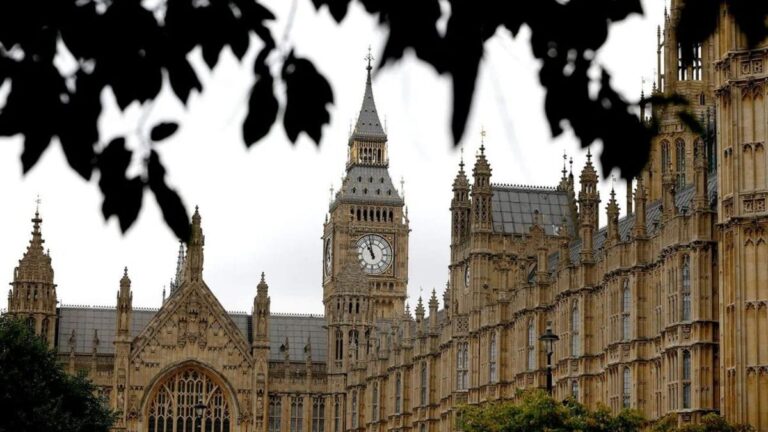In the UK, the government is headed by a Prime Minister who is supported by the Cabinet and Ministers.
read more
Britain is set to form a new government within hours, with the Labour Party likely to take power, as most exit polls predict. Voting ends at 10pm local time on Thursday, with the votes being counted soon to reveal the fate of Keir Starmer’s Labour Party and the Conservatives, led by current Chancellor Rishi Sunak.
As Britain votes to choose a new government, let’s take a look at what the country’s political structure looks like.
How does the UK government work?
In the UK, the government is led by a Prime Minister who is supported by a Cabinet and Ministers.
Who runs the government in the UK?
The UK is a parliamentary democracy with executive power held by an elected UK Government, headed by the Prime Minister.
As leader of the government, the UK Prime Minister is responsible for all policies and decisions.
The Prime Minister also oversees the running of the civil service and government agencies. He or she also appoints the members of the government and is the government’s lead figure in the House of Representatives.
British Cabinet
The UK Cabinet is made up of senior government officials who meet every week during Parliament to discuss the government’s most important issues.
British Government Minister
The UK Government has a total of 126 Ministers, including the Prime Minister.
UK Government Ministers are selected by the Prime Minister from among members of the House of Commons and the House of Lords.
The lower house, the House of Commons, is made up of 650 MPs elected from local areas. The upper house is the House of Lords, made up of a mix of appointed and hereditary peers.
Unlike elected Members of Parliament, the House of Lords does not have a fixed number of members.
These appointed ministers are accountable for the actions, successes and failures of their respective departments.
Prime Minister – 1
Ministers – 23
Other Ministers – 102
What does the King of England do?
The UK is a constitutional monarchy, with the monarch acting as head of state.
The UK government has central powers, but certain political powers are devolved to local governments in Scotland, Wales and Northern Ireland.
The UK has a single-member constituency system (FPTP) and elections are held every five years.
Major UK political parties
There are currently 11 political parties with seats in the House of Representatives.
About the British Parliament
The UK Parliament is separate from the government, which consists of the House of Commons and the House of Lords.
The UK Parliament’s role includes overseeing government efforts, debating issues and passing new laws. It also sets taxes.

